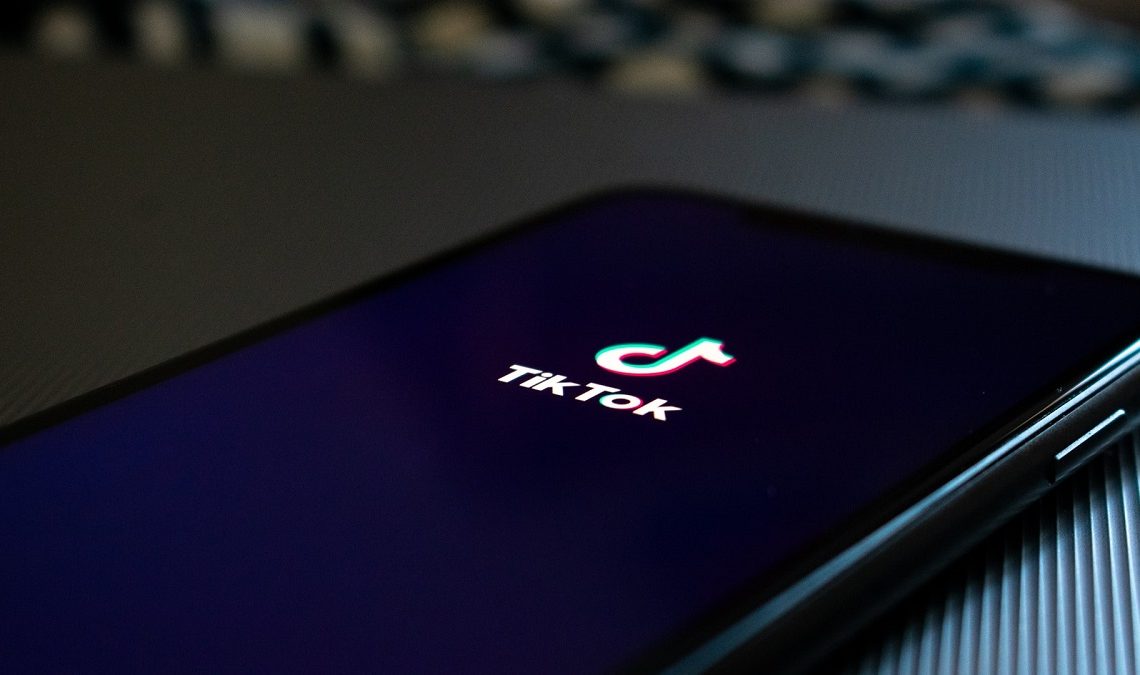
The Speaker of the National Assembly of Kenya, Moses Wetangula, has received and read a petition seeking to ban popular app., TikTok, in Kenya. The petition is by one Bob Ndolo, the Chief Executive Officer of the Bridge Connect Consultancy. With TikTok being popular in Kenya, the petition has gained attention of users on most social platforms with some being in favour of and others against it.
TikTok is very popular in Kenya with a recent Reuters Institute Survey revealing that over 54% of Kenyans are on the platform for various reasons. The survey revealed that Kenya is the top country in terms of TikTok usage worldwide.
The petitioner argues that TikTok is detrimental to the development of Kenyan children and the app is illegally collecting personal information from unsuspecting Kenyans. While this may be somehow true, I don’t believe banning the app is the solution. Doing this is equivalent to burning down the house to kill a rat. Pushing TikTok to implement changes on its platform is the reasonable thing to do, not outright ban the app.
In reading the petition, Wetangula said, “The petition decries that while it has gained popularity among the youths in Kenya, the content that is being shared on the platform is inappropriate thus promoting violence, explicit sexual content, hate speech, vulgar language, and offensive behaviour which is a serious threat to the cultural and religious views of Kenya.”
The petitioner is urging the National Assembly to take immediate action to safeguard Kenyans from the negative effects and altogether ban TikTok in Kenya.
Adding to this, the petitioner said, TikTok has been implicated in several privacy scandals over the past years. For instance, in 2019, the app was fined $5.7 million by the USA Federal Trade Commission for illegally collecting personal information from children under the age of 13 by collecting data such as names, email addresses, and locations from young users without their parents consent thus violating Children’s Online Privacy Protection Act.”
TikTok has faced similar pushbacks in other countries including India and Afghanistan where it is outrightly banned. In some other countries including the US, it is banned on government devices. In the US, the app is banned due to national security reasons. Lawmakers argue that ByteDance, TikTok’s parent company, may share data with the Chinese if asked to.
The US is basing part of its decision on China’s National Intelligence Law that came into affect in 2017. Here is an excerpt of that:
Any organization and citizen shall, in accordance with the law, support, provide assistance, and cooperate in national intelligence work, and guard the secrecy of any national intelligence work that they are aware of [emphasis added]. The state shall protect individuals and organizations that support, cooperate with, and collaborate in national intelligence work.
In arguing against the ban, Njeri Maina – Kirinyaga Woman representative, said that she is an active user of the platform so are a number or businesses and individuals using it to earn a living. She said some of the young people are earning a living through the platform, something they would not have been able to do if it did not exist.
Regulate not Ban
The conversation should be around regulatory measures around the app and not banning it. It is time to approach TikTok and demand strict content moderation, age restrictions, or data protection regulations. TikTok can easily implement this and keep the platform safe for everyone.
At the end of the day, policing morality is difficult but asking TikTok to implement measures to address some of the issues is more reasonable.

